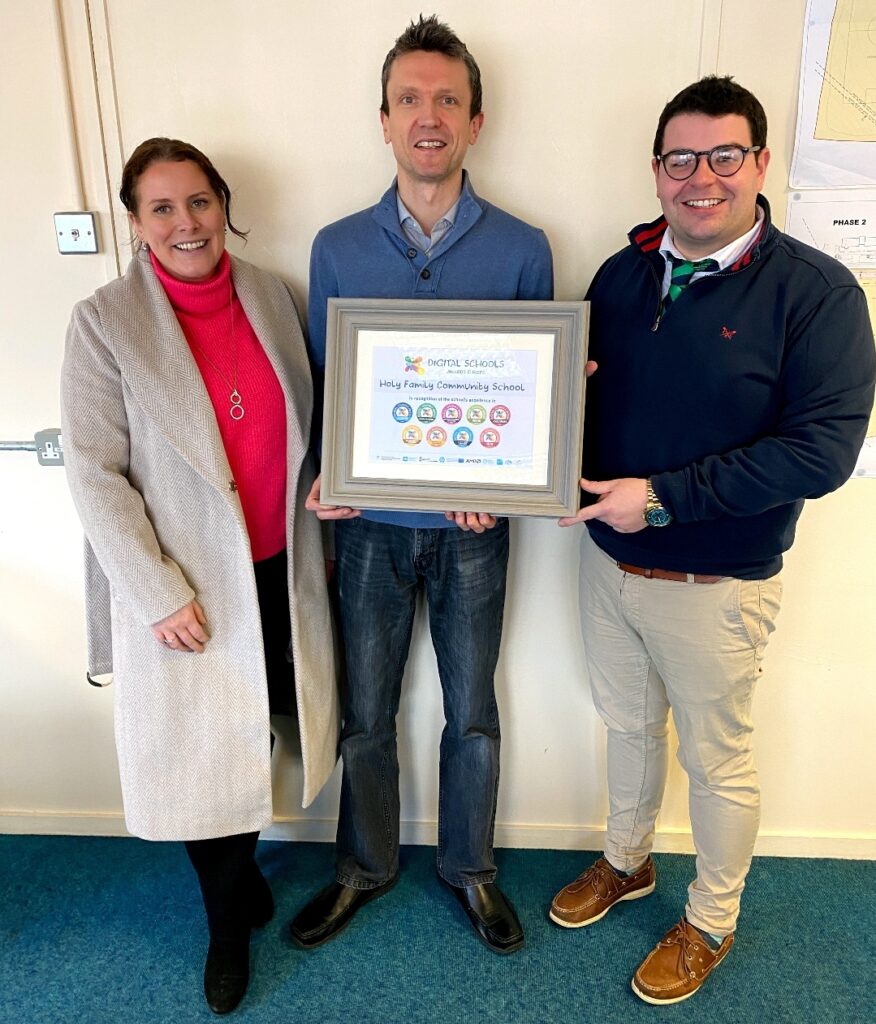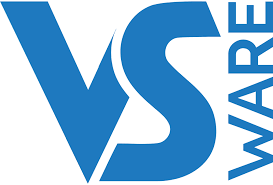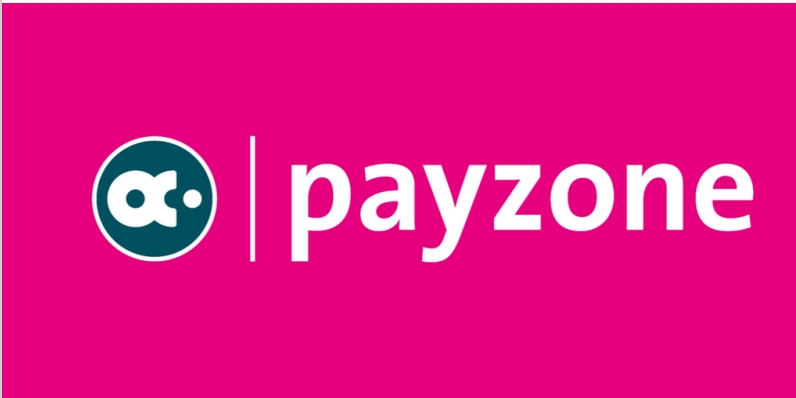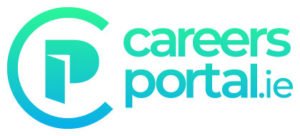Holy Family Community School is among the first in Ireland to be recognised under new European digital schools award
HFCS has become one of the first schools in Europe to achieve European Digital Schools Awards status.
The Digital Schools Awards European programme is designed to encourage and recognise innovation, collaboration and skills development in digital technology amongst schools. It is backed by the European Commissions’ Erasmus+ programme, national government bodies and leading technology companies led by HP.
HFCS is among the first schools in Ireland to receive the award, which recognises and celebrates best practice in digital education in Europe.
To achieve European Digital Schools status, our school had to demonstrate strong leadership in digital education and provide sufficient access to resources and infrastructure. Our school culture, professional development strategies and teaching practices were also assessed as part of the submission.
The European Digital Schools Awards requires schools to use the European Commission’s SELFIE self-reflection tool to assess their digital learning and teaching practices and identified areas where improvements can be made. As part of the programme, teachers were given access to expert support and resources to help them develop their digital curriculum and ensure pupils are given the skills they need to navigate the modern world.
The European Digital Schools Awards programme also intends to open up dialogue across borders and create a growing community of digitally competent schools, where teachers can share learnings from different education systems.
Anna Doody from Digital Schools Awards said: “We know that schools across Europe have taken great strides in recent years to integrate digital practices into their teaching, and one of the most important and valuable aspects of the European Digital Schools Awards is the ability to network with counterparts in other parts of the world.
“By connecting schools, we hope to bring attention to innovations happening elsewhere in the continent and encourage collaboration by opening more channels for knowledge sharing across borders.”







